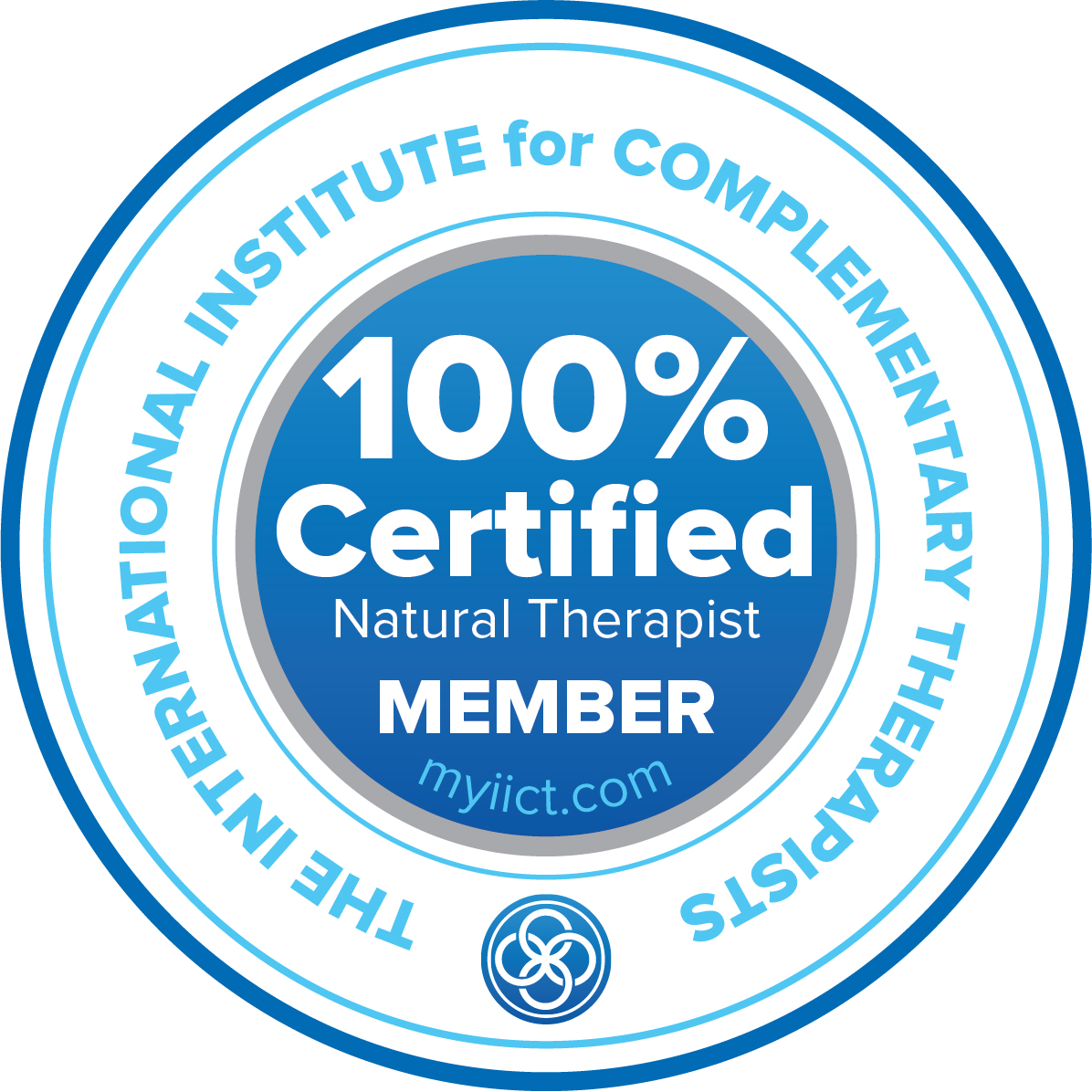For my latest articles and special offers, subscribe to Jess Ang's Intuitive Updates here.
Vulnerability and Staying True to Yourself

April 2017
3 Years of Updates
In March 2014, I started to send out email updates to people who had asked to hear from me again after booking a reading. At first, I shared the (anonymous) feedback that was given during the practice reading trial. I then continued to provide updates to announce special offers, new services, ideas and insights that came up.
There was no pleasing everyone. From the very first newsletter, I had mixed responses. Some wrote to tell me how much they enjoyed hearing about all the feedback I’d received after giving free intuitive readings, while others said there was too much detail provided and it was hard to absorb it all.
When I wrote about a significant experience I’d had earlier that same year, I was sent several emails from people to let me know they enjoyed the story and to ask me to share more. A couple of others advised me to stick to a more “professional” tone to simply update people on available services.
When I took on a more neutral approach, there was very little feedback – it seemed that people were neither excited nor offended by those articles.
I then decided to just write whatever I wanted to without worrying too much about what other people would think. The more I shared personal experiences and insights that were popping up for me, the more divided the responses were. It was like there was a direct correlation between the number of positive messages I received and the number of unsubscribes that would follow each article.
I once heard a business coach, Ryan Eliason, say that the more you show up as who you really are and what you stand for, the more you’ll repel certain people who don’t like or agree with what you’re saying, but you’ll also be more likely to attract those who resonate with you compared to if you had sent a “safe” neutral message. Ryan believes that every unsubscribe is actually a great thing because it helps to “clean” your mailing list and filter out people who are not on your wavelength.
Vulnerability
The work of Brené Brown was first recommended to me by a fellow traveller in Laos in 2015, after I admitted my reluctance to talk about the intuitive work I was doing in case I was judged as crazy, delusional, or somehow unethical for it (because it’s not ethical to give readings when there’s “no such thing” as psychic ability, right?).
It wasn’t until last year that I watched Brené Brown give her Ted talk on the power of vulnerability – this was not something I planned to do, but it was shared by someone else and we watched the video in a small group. We listened to Brené speak about how scary it can be to be vulnerable and show who we really are to others – after all, they may not like what they see, it might be embarrassing or feel shameful to reveal some aspects of ourselves, and often there’s fear about the possibility of rejection or no longer being liked or loved by people we care about if we completely show ourselves, warts and all. However, Brené Brown’s conclusion after years of qualitative research is that choosing to be vulnerable is worth it despite all the risks, because a ‘wholehearted’ and fulfilling life is impossible without it. (You can see the talk here: https://www.ted.com/talks/brene_brown_on_vulnerability)
I fell in love with Brené’s message straight away, so it was a bit of a surprise to hear during the discussion afterwards that others in the group didn’t agree with what she had said, and wondered how the number of views listed for the video had been so high. It was a great example of how a single person – when expressing themselves authentically – could be so admired by some people while leaving others unimpressed.
Staying True to Yourself
One of my favourite quotes was written by Shakespeare about the importance of staying true to yourself:
“To thine own Self be true,
and it must follow, as the night the day,
Thou canst not be false
To any man.”
If we resist the temptation to compartmentalise all the different areas of our life, then the intention to stay true to ourselves will naturally involve staying true to ourselves in our work as well as in life generally.
I received lots of advice about what to do when I started a business, and often the gems of wisdom offered by one person would conflict with those of another. When it all got too confusing, one mentor advised me not to listen to anyone who didn’t actually own a successful business themselves. But even amongst those who seemed successful (multi-millionaires, fulfilled business owners, people who’d achieved their dream lifestyle, etc.), there were opposing opinions and many had their own unique way of doing things that wouldn’t necessarily work for anyone else.
I started making decisions based on what felt right for me even if it went against the advice of ‘experts’. For example, I know that pop-up boxes prompting people to subscribe on a website help to increase the number of people who sign up to a mailing list. But personally, I don’t like seeing those pop-up boxes when I visit a website and so I haven’t added them to my own.
I also enjoy longer emails with a personal touch as opposed to short ones. According to many business mentors, short and snappy messages help to boost sales and are preferred by most people. But that’s not my style and I’m sure I’m not the only one who feels this way about emails (even if we’re in the minority!). I feel slightly annoyed whenever I read the first paragraph or so of an email before realising that I have to click on a link to see the full article, so I always send a complete article in each update, even if that may irritate some people who would rather just read a quick message. I figure that I can’t please everyone, so I may as well stay true to myself and allow the people who don’t like longer messages to simply ignore, delete, or unsubscribe after receiving an email from me.
Some Questions For You
At the other extreme of caring too much about what others think, is not caring what others think at all, and I’d rather not go from one extreme to the other! While I now take unsolicited advice with a pinch of salt, I continue to value the suggestions and constructive criticism of others when I’ve specifically asked for their opinion.
In light of all this, I’ve added a 10-question survey below and I would love to hear your answers. Hopefully it will help me understand a little more about what you want, any challenges you’re currently facing or would like help with, and give me direction on how to change or add services you might enjoy, and that feel good for me to offer as well :)
In fact, most of the services I currently offer are based on previous feedback, from the length of time given for readings via phone/skype, to the different options for email readings (and the fact that there are email readings offered at all), and even to the specific pricing of each type of reading.
Again, I’d greatly appreciate your opinion on the following questions, or if it’s easier you’re also welcome to share your views on anything not covered and to simply ignore some or all of the questions listed.
Questions
Q1) What are your biggest challenges at the moment?
Q2) What’s it like for you to be struggling with those challenges?
Q3) What do you really want most?
Q4) If you found Aladdin’s lamp and were offered 3 wishes by a magical genie, what would you wish for?
Q5) How would you know if your ultimate wish had been granted? (i.e. what would be different? What would it feel like? How would it be obvious to you or people around you that it had happened?)
Q6) What do you care about most (and what’s most important to you about this)?
Q7) What would make it worthwhile to book an intuitive reading or other similar service? (Or if you’ve had one before, what was the most helpful thing you got out of it, long-term?)
Q8) Do you have any feedback about the email updates? (e.g. what topics do you like or not like? Would you like to be able to access articles on a website in addition to receiving them via email?)
Q9) Are there any services you would enjoy or find helpful that I’ve not yet offered?
Q10) Lastly, are there any other comments or issues you’d like to raise?
Click here to receive new articles by email
<-- Previous article Next article -->






